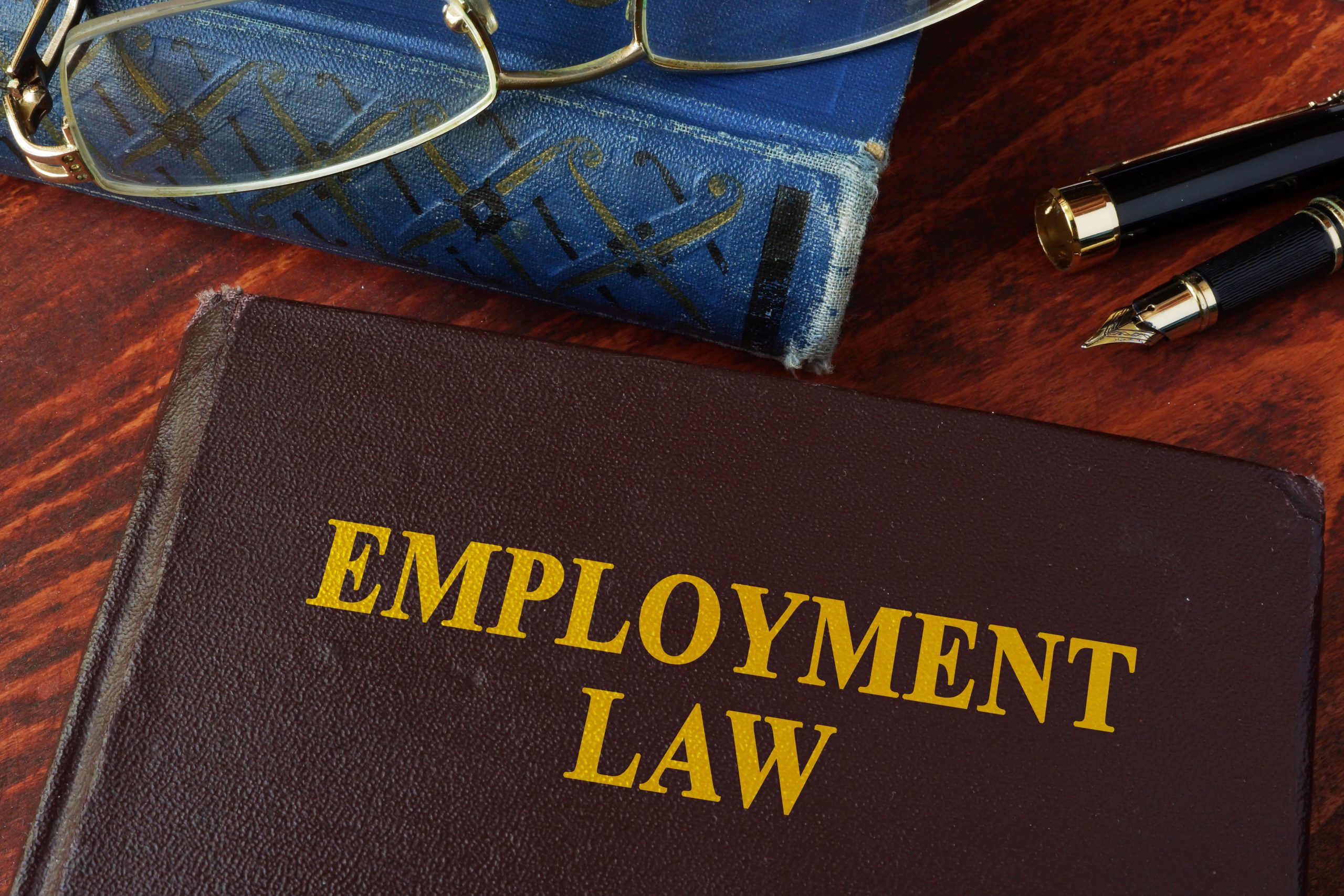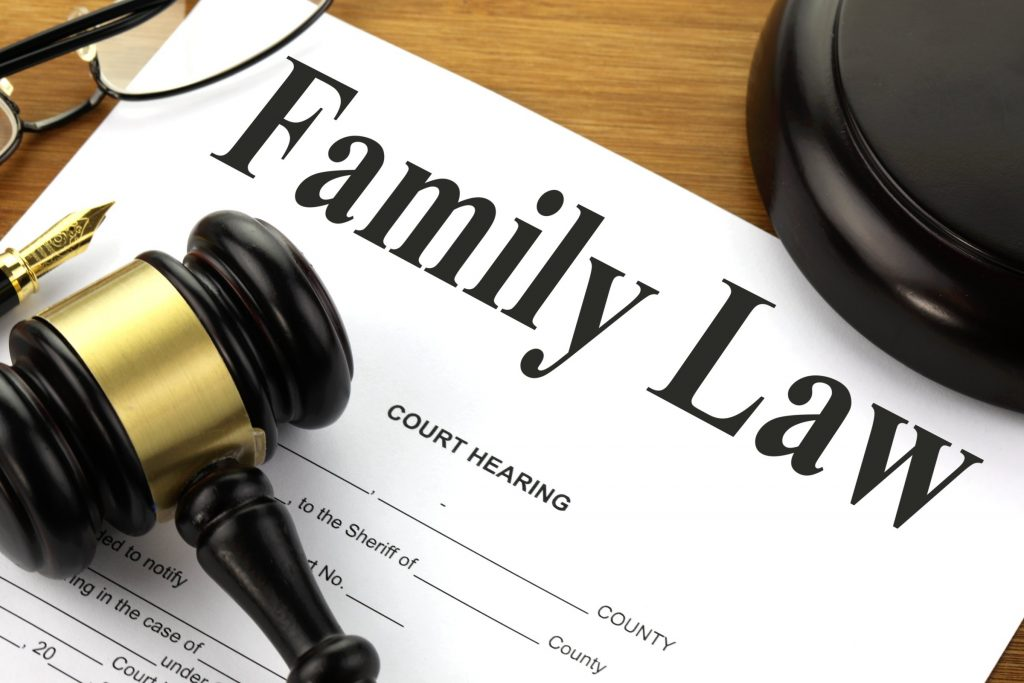In Texas, including Dallas, employment is generally “at-will,” meaning that employers can terminate employees for any reason—or no reason at all—so long as it’s not illegal. While this gives employers considerable flexibility, it can also create confusion and anxiety for employees who suddenly find themselves out of a job.
So, when is termination illegal for at-will employees in Dallas? This blog post breaks down your rights, explains the limits of at-will employment, and highlights key exceptions to help you understand when a firing may be wrongful or unlawful.
What Does At-Will Employment Mean?
At-will employment means that either the employer or the employee can end the employment relationship at any time, with or without cause or notice. Unless you have a specific contract stating otherwise, this presumption applies to most jobs in Dallas and across Texas.
However, at-will does not mean employers have unlimited power. Federal and state laws prohibit termination for discriminatory, retaliatory, or other illegal reasons.
Illegal Reasons for Termination Despite At-Will Status
Even if you are an at-will employee, your employer cannot legally fire you for:
1. Discrimination
It’s illegal to terminate an employee based on protected characteristics, including:
- Race
- Color
- National origin
- Sex (including pregnancy, gender identity, sexual orientation)
- Religion
- Disability
- Age (40 or older)
- Genetic information
Federal laws such as Title VII of the Civil Rights Act, the Americans with Disabilities Act (ADA), and the Age Discrimination in Employment Act (ADEA) protect employees against such discrimination. Texas law offers similar protections.
2. Retaliation
Employers cannot fire you for exercising your legal rights, such as:
- Reporting discrimination, harassment, or workplace safety violations
- Filing a workers’ compensation claim
- Taking Family and Medical Leave Act (FMLA) leave
- Complaining about unpaid wages or labor law violations
Retaliation is illegal under various federal and state laws designed to protect employees who stand up for their rights.
3. Violation of Employment Contract
If you have an employment contract (written, oral, or implied) that specifies conditions for termination, firing outside those terms may be wrongful. For example, if your contract requires “just cause” for termination and your employer fires you without it, you may have a claim.
4. Breach of Public Policy
Texas law prohibits termination that violates public policy, including firing employees for:
- Refusing to break the law at the employer’s request
- Reporting illegal activity (whistleblowing)
- Serving on a jury or voting
- Taking protected leave
When Is Termination Legal?
Employers can generally terminate at-will employees for any reason not prohibited by law, including:
- Poor job performance
- Company restructuring or downsizing
- Attendance issues
- Personality conflicts
However, employers must avoid using illegal reasons or disguising wrongful termination as legitimate causes.
What to Do If You Suspect Wrongful Termination
If you believe you were fired illegally, take these steps:
- Document everything: Save emails, performance reviews, termination letters, and any communication related to your firing.
- Review your employment contract and company policies: Understand any terms or promises made regarding your job security.
- File a complaint with the EEOC or Texas Workforce Commission: If discrimination or retaliation is suspected, timely filing is critical.
- Consult a wrongful termination attorney: An experienced Dallas lawyer can evaluate your case and help you understand your rights.
Final Thoughts
At-will employment gives Dallas employers flexibility but doesn’t grant them the right to fire employees unlawfully. Understanding your rights can empower you to recognize wrongful termination and take appropriate action.
If you’ve been terminated and suspect it was illegal, don’t hesitate to seek legal advice. Protecting your rights is essential for your future career and financial stability. We recommend wrongful termination lawyers Dallas.











